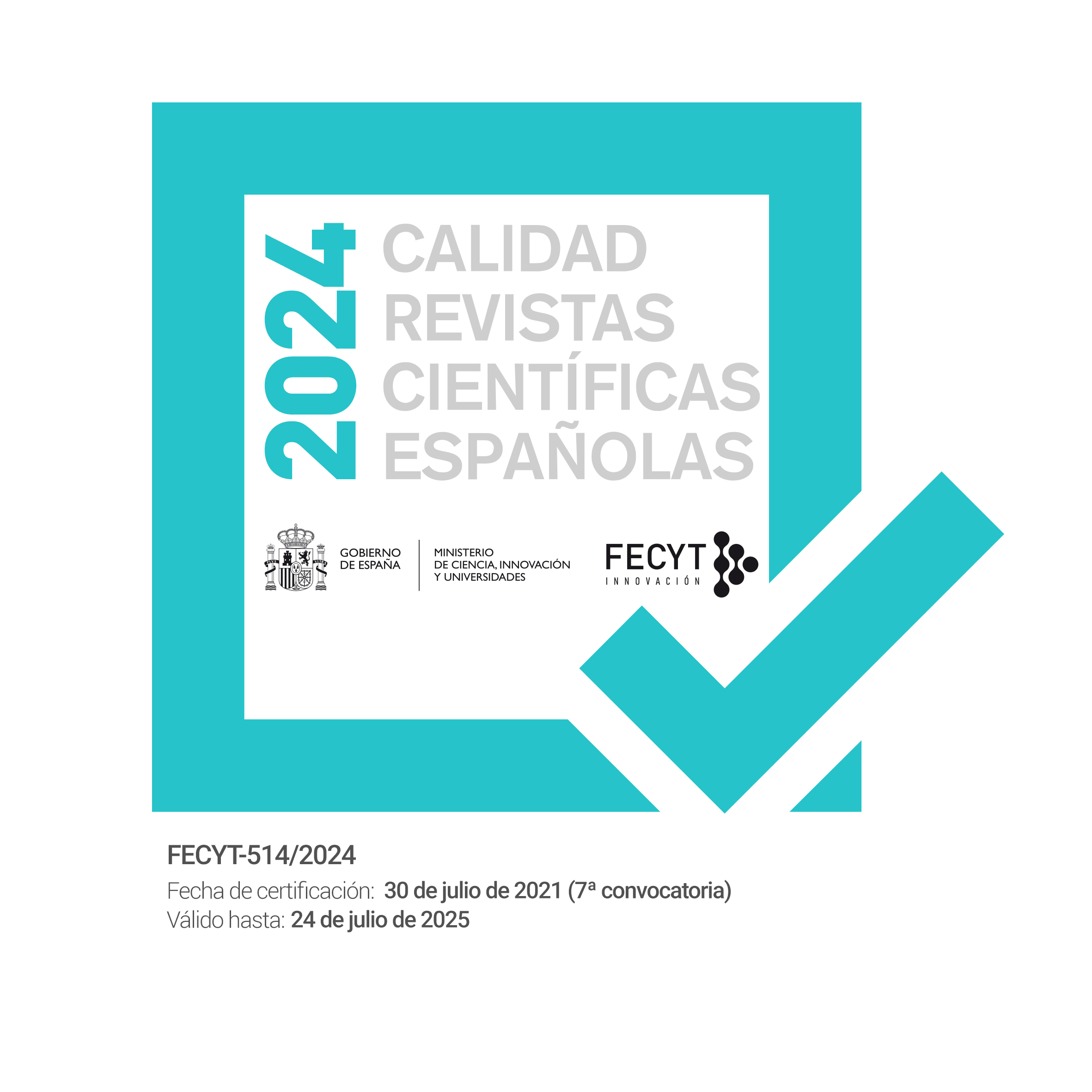Through the Looking-Glass. The Wooster Group’s The Emperor Jones (1993; 2006; 2009): Representation and Transgression
Abstract
ABSTRACT: In 1993, the iconoclastic American troupe, The Wooster Group, set out to explore the social issues inherent in O’Neill’s work and to shed light on their mechanisms by employing varying metatheatrical strategies. Starring Kate Valk as a blackfaced Brutus, The Wooster Group’s production transgresses all traditional artistic and social norms—including those of race and gender—in order to heighten the audience’s awareness of the artificiality both of the esthetic experience and of the actual social conventions it mimics. Transgression is closely linked to the notion of emancipation in The Wooster Group’s work. By crossing the boundaries of theatrical illusion, they display their eagerness to take over the playwright’s work in order to make it their own. This process of interpretative emancipation on the part of the troupe appears in its turn to be a source of empowerment for the members of the audience, who, because the distancing effects break the theatrical illusion, are invited to adopt an active writerly part in the creative process and thus to take on the responsibility of interpreting the work for themselves.
RESUMEN: En 1993, la iconoclasta compañía estadounidense The Wooster Group, se propuso explorar las cuestiones sociales inherentes a la obra de O'Neill y arrojar luz sobre sus mecanismos mediante el uso de diferentes estrategias metateatrales. Protagonizada por Kate Valk que, pintada de negro, tiene el papel de Brutus, la producción del Grupo Wooster transgrede todas las normas tradicionales del arte y de la sociedad - incluso las que atañen a las cuestiones de raza y de género - con el fin de realzar la conciencia del público respecto a la artificialidad tanto de la experiencia estética como de las convenciones sociales actuales que imita. La transgresión está estrechamente ligada a la noción de emancipación en el trabajo de The Wooster Group. Cruzando las fronteras de la ilusión teatral, muestran su afán de apoderarse de la obra del dramaturgo con el fin de hacerla suya. Este proceso de emancipación de interpretación por parte de la compañía parece ser a su vez una fuente de empoderamiento para el público, a quien, gracias a los efectos de distanciamiento que rompen la ilusión teatral, invita a adoptar un papel de escritor activo en el proceso creativo y así a asumir la responsabilidad de interpretar el trabajo por sí mismo.















